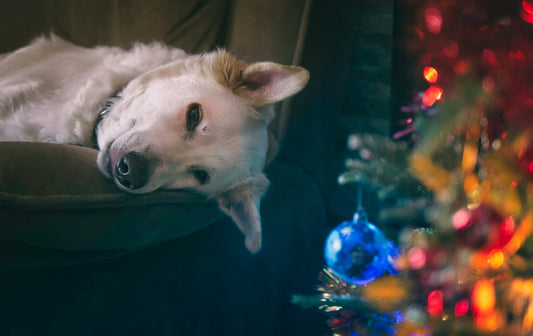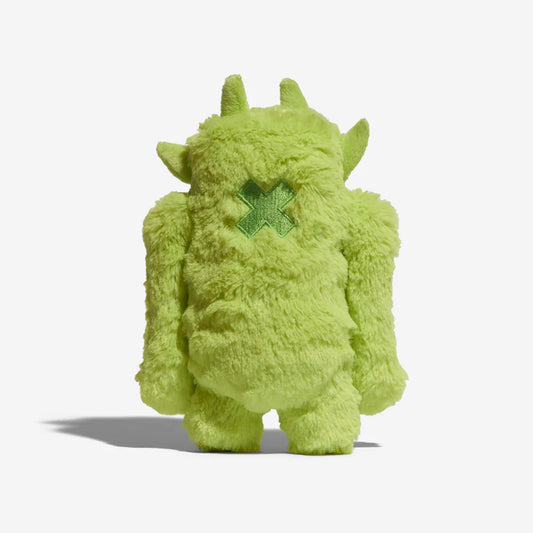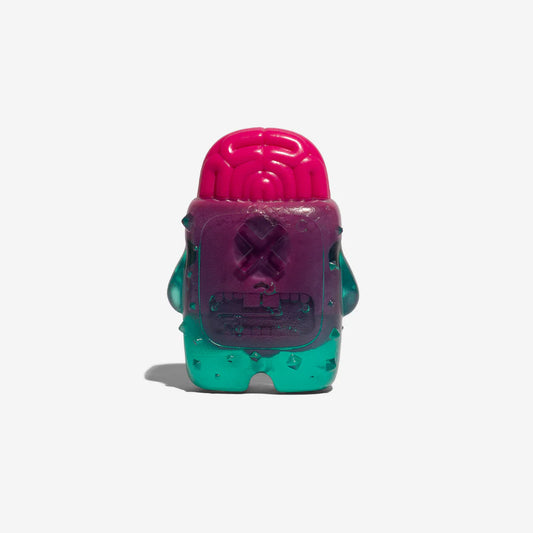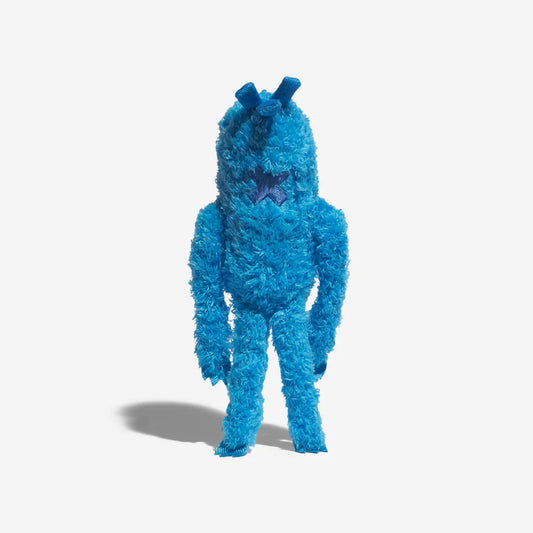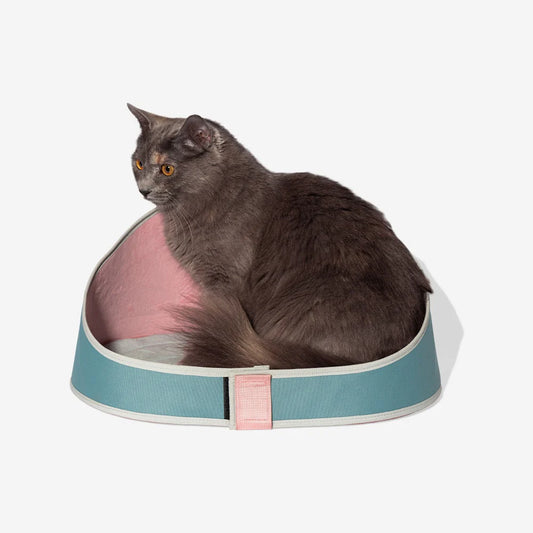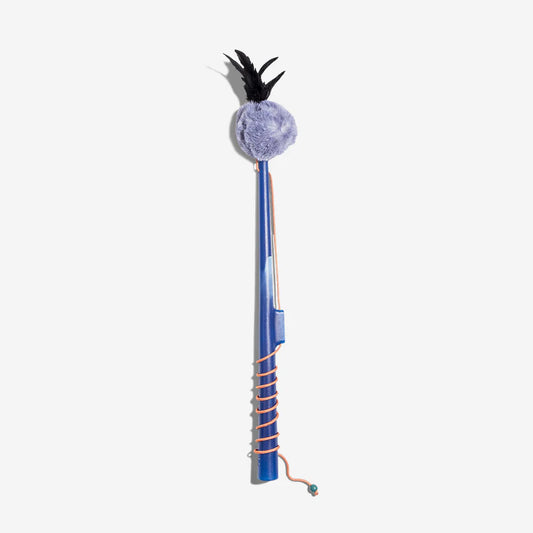October is known for more than just Halloween. It's also Black Cat Awareness Month. This month is dedicated to raising awareness about black cats and the stereotypes and myths that surround them.
Black cats have long been associated with superstition and bad luck. Some people even believe that they are associated with witches and witchcraft. Unfortunately, these beliefs have led to black cats being mistreated and discriminated against. Black Cat Awareness Month aims to dispel these myths and promote the adoption of black cats.
This month is an opportunity to celebrate black cats and educate the public about their true nature. Black cats are just like any other cat, and they deserve love and care just like any other pet. By spreading awareness and promoting adoption, we can help black cats find their forever homes and break down the stereotypes that have surrounded them for far too long.
History of Black Cat Awareness Month
Black Cat Awareness Month was first observed in the UK in 2011, as a response to the negative stereotypes and superstitions surrounding black cats. The goal was to raise awareness about the plight of black cats in animal shelters and to encourage more people to adopt them.
The superstitions surrounding black cats can be traced back to ancient times. In many cultures, black cats were considered to be evil omens, witches' familiars, or even the devil in disguise. During the Middle Ages, black cats were often associated with witchcraft and were believed to be able to transform into human form and back again.
Despite the fact that these superstitions are largely unfounded, black cats are still less likely to be adopted than cats of other colors. This is partly due to the fact that they are often seen as less photogenic, and partly due to the fact that they are sometimes associated with bad luck.
Black Cat Awareness Month aims to dispel these myths and to encourage more people to adopt black cats. By raising awareness about the plight of black cats in animal shelters, we can help to ensure that these animals find loving homes and are not left to languish in shelters for months or even years.
Significance of Black Cats
Black cats have been associated with superstition and myths for centuries. In many cultures, they are considered to be a symbol of bad luck, witches, and evil spirits. However, the truth is that black cats are just like any other cats, and they deserve the same love and care as any other pet.
Black cats are not only beautiful and elegant, but they also have a unique personality. They are known to be intelligent, curious, and playful. They are also very affectionate and love to cuddle with their owners. In fact, some people believe that black cats are more loving and loyal than other cats.
Despite their unique qualities, black cats are often overlooked in animal shelters. This is due to the superstitions surrounding them, which makes them less adoptable than other cats. As a result, many black cats are euthanized every year, simply because they are not adopted.
Black Cat Awareness Month aims to change this perception and raise awareness about the importance of adopting black cats. By doing so, we can help save the lives of these beautiful creatures and give them the loving homes they deserve.
In conclusion, black cats are just as lovable and deserving of a home as any other cat. They have a unique personality and bring joy and companionship to their owners. By adopting a black cat, you can help break the stigma surrounding them and give them a chance at a happy life.
Black Cat Superstitions and Myths
Worldwide Superstitions
Black cats have been the subject of many superstitions and myths throughout history. In some cultures, black cats are considered good luck, while in others they are seen as bad omens. Here are a few examples of black cat superstitions from around the world:
- In Japan, black cats are considered good luck and bring wealth and prosperity to their owners.
- In Scotland, a black cat appearing on your doorstep is said to bring good luck.
- In many parts of Europe, black cats are associated with witchcraft and are believed to be witches' familiars.
- In some parts of Africa, black cats are believed to be shape-shifters and are associated with witchcraft.
Black Cats and Halloween
One of the most well-known black cat superstitions is that they are unlucky, especially if they cross your path. This belief is particularly strong around Halloween, when black cats are often associated with witches and other spooky creatures.
It's unclear where this superstition originated, but it's likely that it has its roots in medieval Europe, where black cats were believed to be witches' familiars. During the infamous Salem witch trials in 1692, several people were accused of using black cats as part of their witchcraft.
Despite the negative reputation that black cats have, many people still love and appreciate them. In fact, some animal shelters have started promoting black cats during the month of October as a way to raise awareness and combat the superstitions surrounding them.



